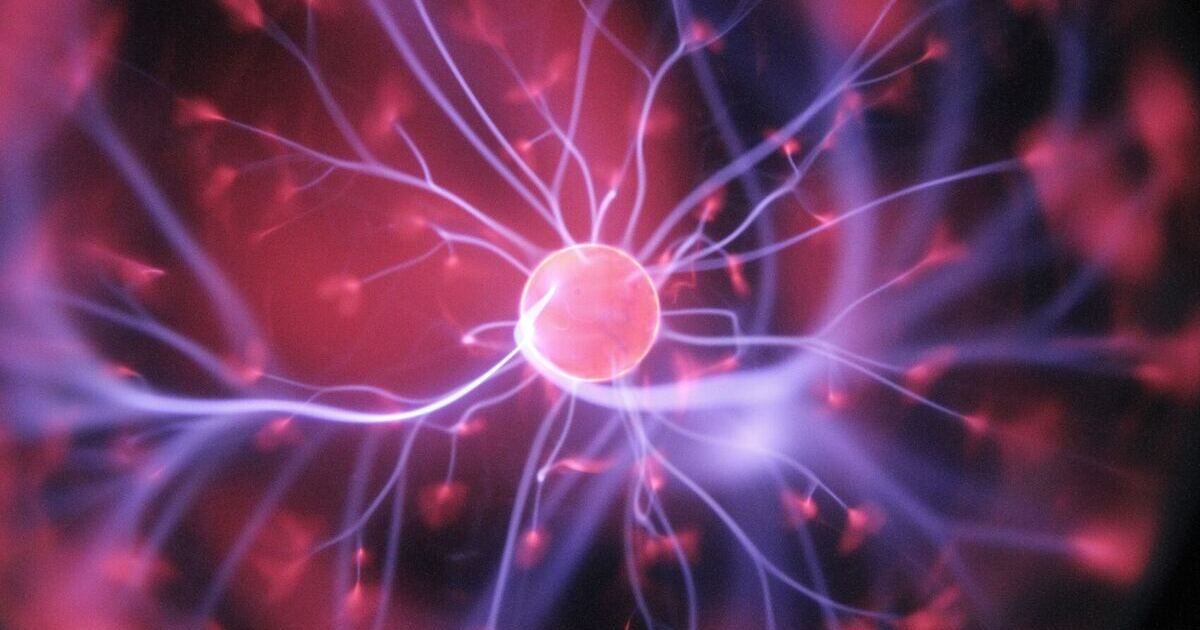
Jay Richards on Eat, Fast, Feast and Human Design
On this episode of ID the Future, Jay Richards discusses his new book Eat, Fast, Feast. Fasting is a traditional religious practice “that’s fallen on hard times,” he says. We “graze” instead. But there’s scientific evidence for the value of intermittent fasting: it reduces total calories while upping adrenaline and human growth hormone, and without reducing metabolic rates. All this in addition to the spiritual benefits that have been recognized across cultures for many centuries. There are simplistic “just-so” evolutionary stories in other diet and health books attempting to explain how our bodies became well adapted for intermittent fasting, but he argues that a much better explanation is that we were intelligently designed this way. In his conversation with host Read More ›




